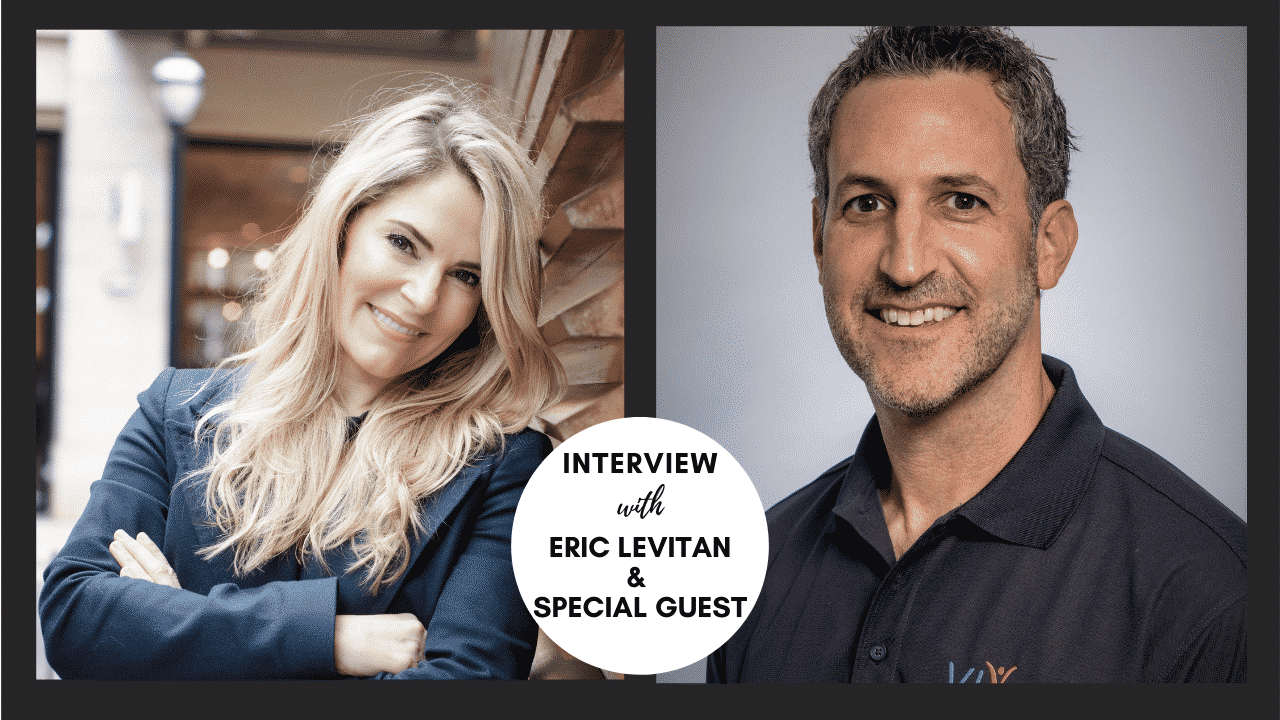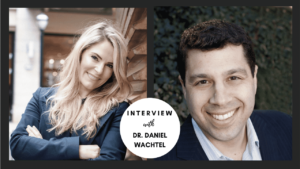Exercise is essential for healthy aging. Having a consistent exercise routine helps to reduce risk of mental health conditions, improves cognitive function, and helps our bodies to function optimally.
Knowing the “right” exercise for older adults is key. In today’s episode, I interview Eric Levitan, founder and CEO of Vivo, a digital fitness company focused on strength training for older adults. And Surprise! Also joining us in today’s interview is Eric’s 79 year old dad, Michael Levitan, who’s a college professor and has been exercising with Vivo for the past several months, and noticing remarkable changes.
I want to share that I have no affiliation with Vivo. I don’t get any financial incentive by sharing their program with you. So why am I using my podcast to talk about Vivo? As you know, older adults and caregivers are the hardest hit by COVID. Older adults have been locked down and scared, while caregivers have been overworked and overwhelmed.
Sharing programs like Vivo gives me comfort in knowing that there are safe and health based resources out there to help older adults and caregivers weather the storm of COVID and become stronger and healthier while doing it. And that’s what this podcast and my resources are all about- making sure you have the resources you need to make it through some of the hardest times in life.
Here’s a peak inside the episode:
- [04:02] Eric Levitan shares his inspiration for creating an exercise program for older adults.
- [09:09] We often hear of the importance of aerobic exercise, but strength-based exercise may prove more beneficial than aerobic exercise alone, Eric describes the benefits of strength-based exercise for older adults.
- [13:01] Don’t just take Eric’s word for it. 79 year old, Michael Levitan shares his personal experience (and benefits) of strength-based exercise.
- [20:14] With COVID-19 keeping many families physically separated, Eric and Michael talk about the heart-warming gifts of exercising together in two different cities.
- [29:02] Vivo designs exercise programs with older adults in mind, including “dual-task” exercises, which help improve cognition.
- [32:09] Do you know an older adult thinking about starting an exercise program? Don’t miss Eric’s recommendations.
- [40:09] With exercise programs happening online, you may wonder how older adults are adjusting to using the internet and the computer for exercise (I know I was curious about this!). Learn what Vivo is doing to make sure older adults are set up for safety… and success.
About Eric and Michael Levitan
Eric Levitan is the founder and CEO of Vivo, a digital fitness company focused on strength training and older adults. Vivo is helping older adults maximize their quality of life and maintain their independence. After 25 years of working in technology and running software companies, Eric left corporate America behind to try to positively impact people’s lives and make a difference in the world, leading him to create Vivo. Eric discovered that as human beings age, we naturally lose muscle mass, which ends up being a primary contributor to a reduced quality of life and loss of independence, not to mention leading to numerous age-related maladies (falls, type 2 diabetes, osteoporosis, etc.). But consistently engaging in a strength training program has been shown to reverse age-related muscle loss and is the #1 factor in maintaining a high quality of life and independence as you age. This knowledge became his foundation for creating awareness and a safe, engaging, impactful program to guide older adults to a better life. Eric holds a BA in mathematics from Duke University and has been known to jam out from time to time in his band, The Liberators.
Michael Levitan is a 79 year old college professor who at the insistence of his son, Eric, began to engage in regular strength-based exercise, Michael explains: “For some strange reason, he wanted me to get in better health. As it was, I’d been playing tennis for most of my life, so it wasn’t as if I didn’t move around. While I may hate to admit this, Eric was right. My exercise levels had fallen precipitously by the wayside. Furthermore, my back had started to take an adversarial role without asking my permission. I guess it was payback for my years of tennis. Now with Vivo, I see changes I would not have believed.”
Learn more about Vivo at www.teamvivo.com
Benefits of Strength-Based Training
- Fewer FallsFalls are one of the most common injuries for older adults. Targeting balance and strength can help prevent injuries and ER visits.
- Maintain Independence Longer
Strength-based training helps you to extend your ability to live independently. With greater strength, you’ll have less of a need for assistive devices like walkers or wheelchairs.
- Better Health
Strength training helps maintain bone density,control blood sugar, improves cholesterol, reduces muscle loss, and relieves or lessens arthritis pain. Improving your overall health
- Recover Faster
If you do have a procedure, strength-based training can help reduce recovery time and get you back out into your normal life faster.
- Improved Cognition
Not only does strength training help your body, it also reduces stress and improves coping skills. But that’s not all, incorporating dual tasking in the workout helps improve cognitive function.
Download the free COVID-19 Wellness Guide for Older Adults
Free guide to help older adults thrive during COVID







